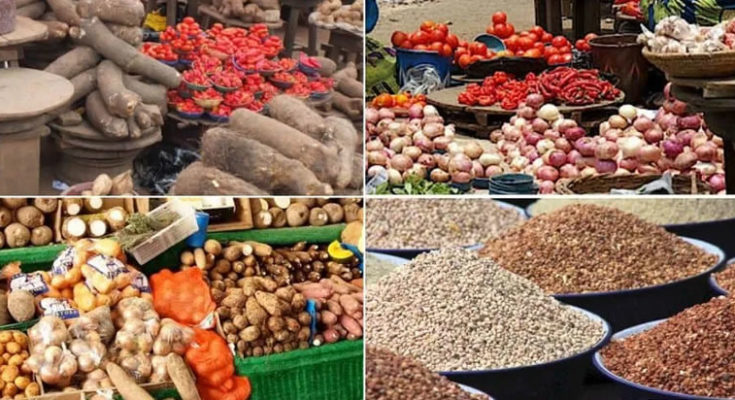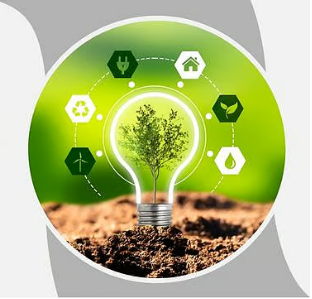Inflation in Nigeria dropped again in August 2025, making it the fifth month in a row that prices have been slowing down. The inflation rate is now 20.12%, down from 21.88% in July and much lower than the 32.15% recorded a year ago.
- Prices are still rising but, at a slower pace than before.
- Food inflation also went down to 21.87% (from 37.52% last year), thanks to cheaper prices of rice, maize flour, millet and other staples. Still, food remains expensive, especially in the north where insecurity and transport problems push prices up.
- Urban areas saw lower inflation than rural areas, where transport and supply issues keep costs higher.
- Core inflation (things like housing, transport, healthcare, education – excluding food and energy) is still high, meaning many essential services remain costly.
Across states, Ekiti, Kano and Oyo had the highest inflation, while Zamfara, Anambra and Enugu had the lowest.
The Central Bank will meet later in September to decide whether to adjust interest rates. Even though inflation is slowing, policymakers may remain cautious since food and core costs are still pressing hard on Nigerians.
In conclusion, prices are rising more slowly, which is some relief for households but, living costs remain high – especially food and essential services.


